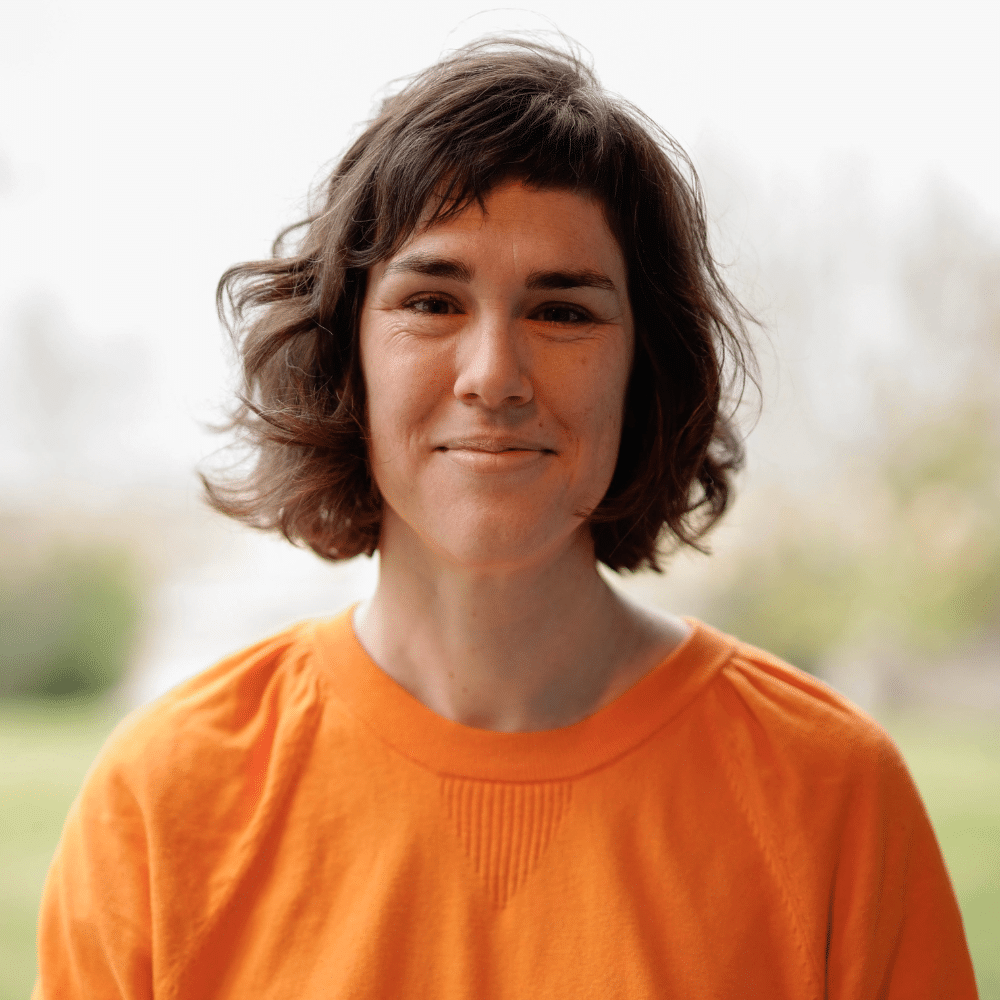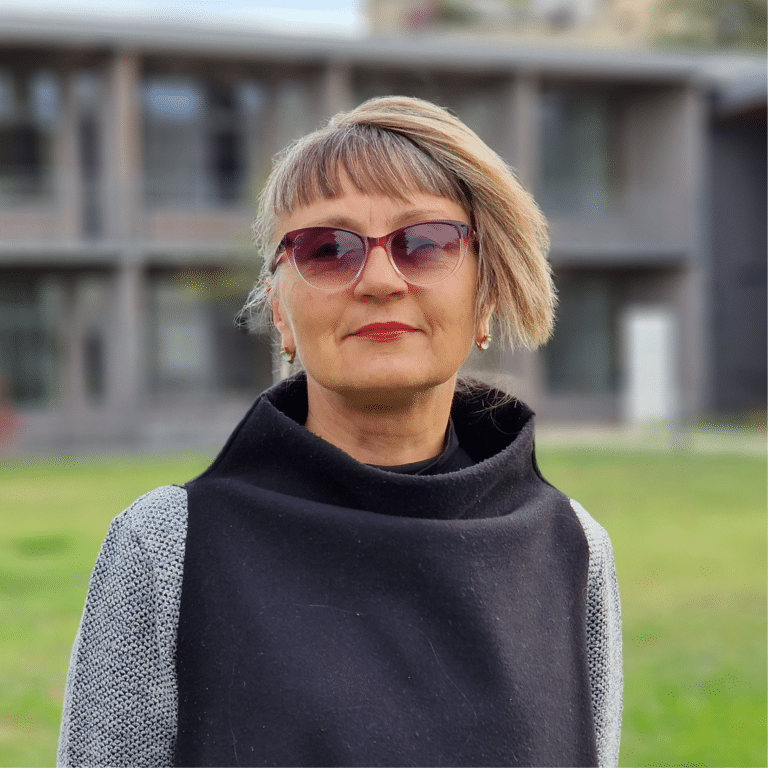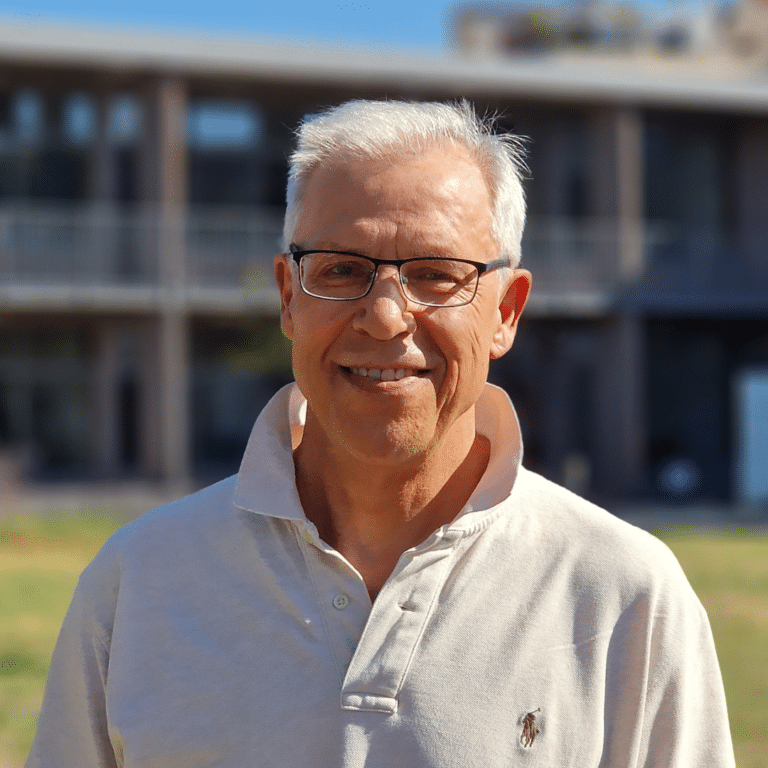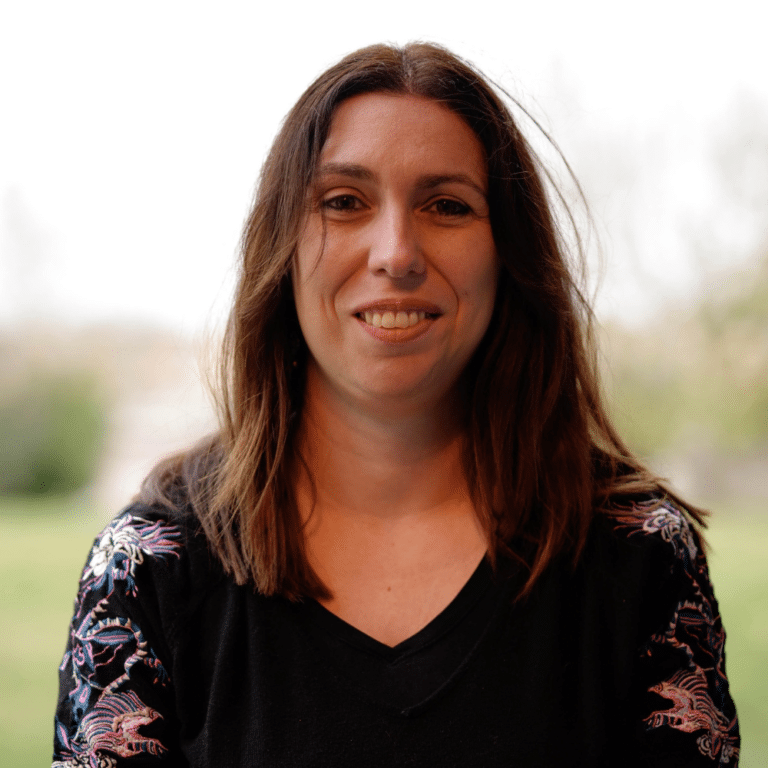
Anyssa Kapelusz
Research project
Emerging scenes and the creation of possibilities:
Practices, forms, discourse, and micropolitics of the project in contemporary performing arts
Summary of research project
Anyssa Kapelusz’s research project at Iméra, the Institute for Advanced Study of Aix-Marseille University, focuses on the phenomena of emergence in contemporary performing arts. During her residency at Iméra, the researcher will conduct an investigation into the creative processes, aiming to contextualize the notion of artistic “project” and its potentialities, while reflecting on the prospective tensions underlying and directed towards a hopefully desirable future.
Exploring the artistic “project” as a field of potentialities
In the realm of performing arts, the term “project” seems to have become synonymous with “creation,” or even to have supplanted it. While etymologically the word “project” refers to “throwing something forward,” its usage in the discourse of artists, programmers, or institutions unfolds throughout the creation process. It’s as if something resists its realization and concrete identification – for instance, as a “performance.” Creation often persists as a hypothesis or in search of anticipated legitimacy. The project is not yet the creation, and certainly not the “work,” but it is composed of its potentialities (intuitions, desires, tensions, intentions, aims, and perhaps visions). It’s an ongoing process that contains the dynamics of its own development, the trace of its openness, of its yet-to-come. The intrinsic virtuality of the artistic project and the way it carries within itself the production of possibilities need to be questioned. This “floating temporality” of artistic emergence, along with the potentialities and latencies that structure it, constitute the core of my research.
Critical perspectives and micropolitical aims
Through a field investigation focused on the creative processes in performing arts and arts in public space, I aim to shed light on prospective tensions directed towards a desirable future, at a time when the future seems to be growing darker due to climate disruption, economic crises, geopolitical conflicts, the rise of populism and reactionary movements, pandemics, and more. Despite being part of the program dedicated to “necessary utopias,” this project is not entirely speculative. It’s anchored in the concrete study of artistic practices and articulates critical perspectives within them – particularly a critique of institutions; the “project” remains a keyword of neoliberal ideology. In the field of artistic production, the inflated usage of “projects” goes hand in hand with a widely documented strategy of reshaping cultural policies and institutional support for artistic creation.
The goal is thus to conceptualize the artistic creation process as a space-time linked to production and realization conditions, to constraints, and to identify the traces of collective intelligence that protest, assert themselves, and invent “unique modes of subjectivation.” In this perspective lies the micropolitical aim of our proposition.
Biography
Anyssa Kapelusz is an Assistant Professor in Theatre Studies at Aix-Marseille University. Her research focuses on the creative processes and scenic aesthetics of contemporary performing arts. She examines interartistic and intermedial devices in theater and non-dedicated spaces. She is also interested in the transformations of the spectator’s experience, both in terms of perception and scenography, including ludic, immersive, and participatory experiences. The praxis, as the articulation of theory and practice, is central to her approach.
She is responsible for the master’s program in theoretical and practical Performing Arts and co-directed an educational innovation program dedicated to training creators in performing arts projects from 2019 to 2022. As a member of the editorial board of the journal “Incertains Regards: Cahiers dramaturgiques,” she co-directs a research program focused on interviews with artists, titled “S’entretenir: écritures contemporaines de l’art et fabrique des discours” (Conversing: Contemporary Art Writings and Discourse Fabrication).



